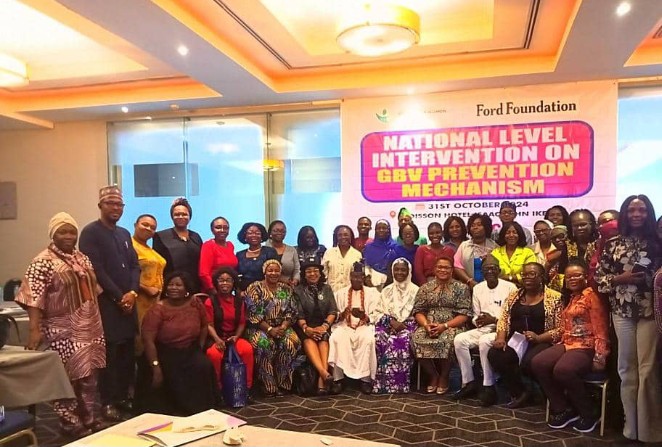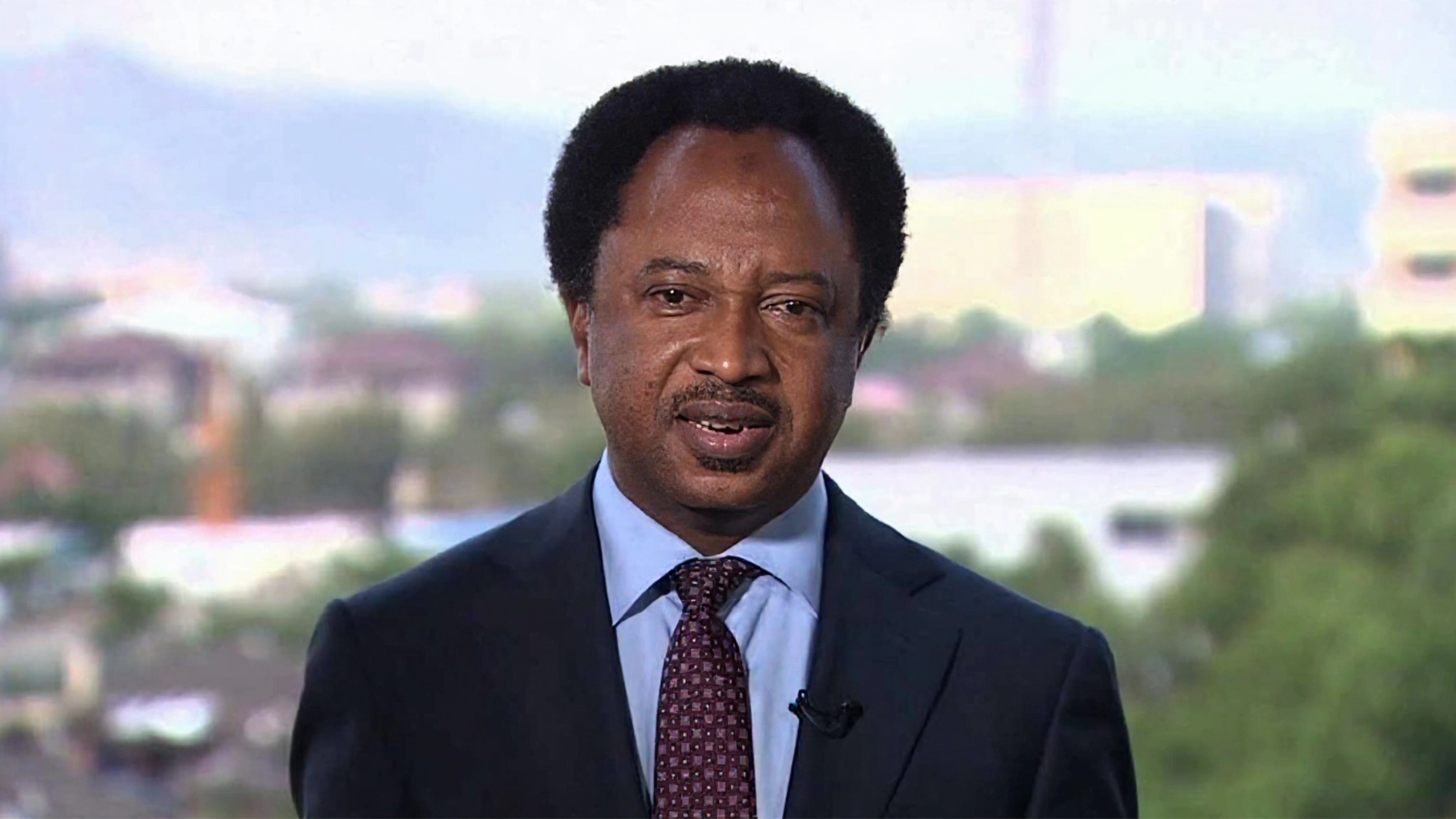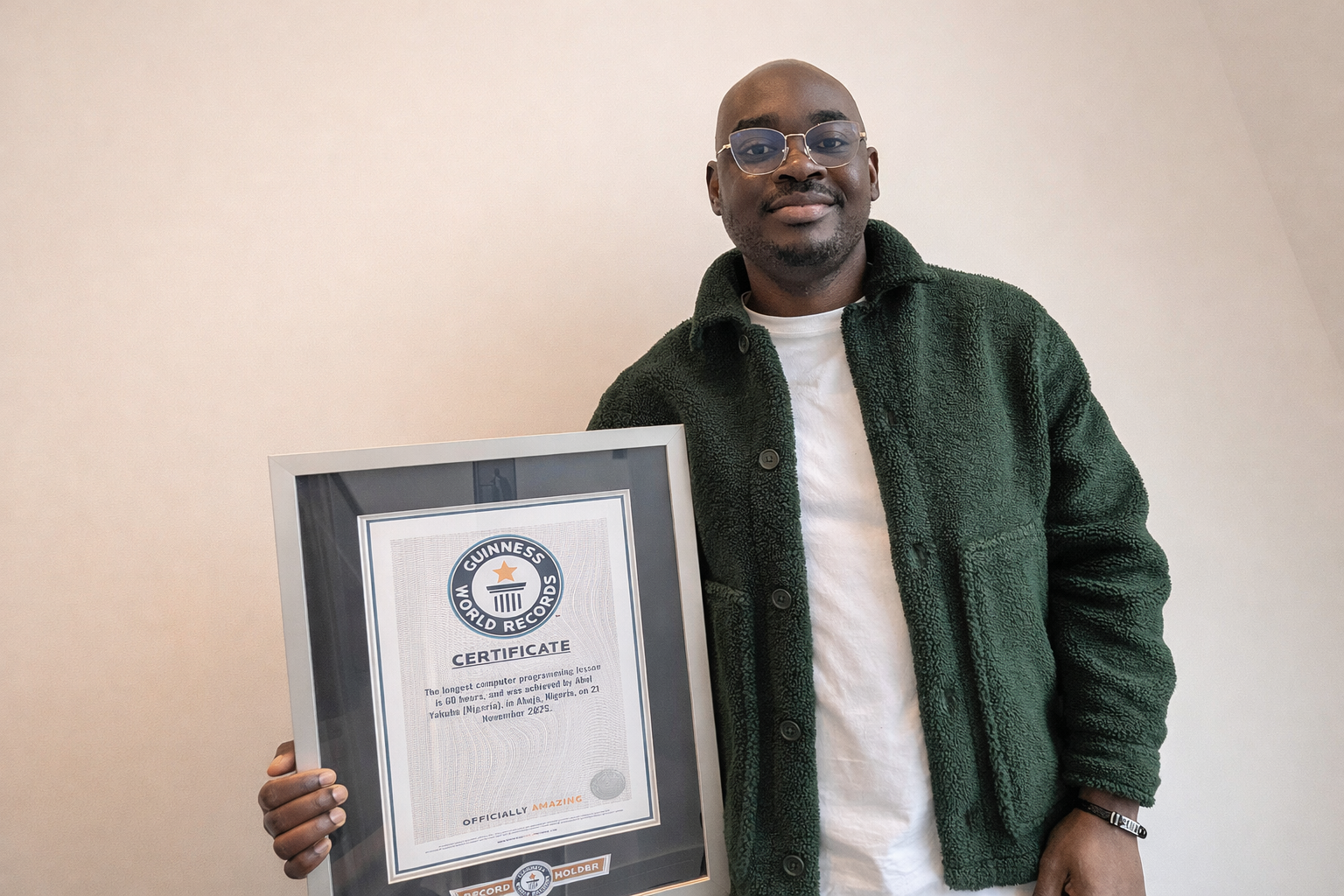
Women Advocates and Research Documentation Centre (WARDC) and Women for Women International (WfWI) have called for increased funding and collaboration to mitigate Gender Based Violence (GBV) in the country.
The stakeholders made the call at an event to address issues surrounding GBV, on Thursday in Lagos.
The News Agency of Nigeria (NAN) reports that the event was organised by WfWI in collaboration with WARDC and supported by Ford Foundation.
The event had the theme: “National Level Intervention on GBV Prevention Mechanism.”
READ ALSO:NEC declares flooding national emergency
The Country-Director of WfWI, Mrs. Bukola Onyishi, said the aim of the meeting was to address issues around GBV and find lasting solutions to close the gaps at the community levels.
“We also want to learn from actors at the national level what they are seeing, what they are experiencing, and what they are doing about it.
“We have a uniform or something close to a standard of how everyone should be handling cases of communities across the nation,” she said.
Onyishi said women were faced with a lot of challenges such as lack of education and early marriage, among others.
She, however, said that most women affected by some of these issues see it as a normal way of life.
She stressed the need to engage custodians of culture to address the issues.
READ ALSO:Niger delta region seeks just energy transition
“Even if the women don’t understand it because it is what they have been exposed to.
“When the stakeholders, when the traditional leaders understand that these GBV issues should not be happening, especially in their communities, then that conversation is robust,” she told NAN.
The Director of Projects, WARDC, Mrs. Mary George-Peluola, said the meeting would find ways to address funding which was important in executing some of the strategies and solutions proferred.
George-Peluola said one of the major reasons women remain in abusive relationships or endure violence was due to lack of shelter.
“Research has shown that for most women, it’s difficult, if not impossible for them to move out of a violent relationship, because they have nowhere to go.
“They will tell you, where will I go, where will I sleep?
“Where are the shelters, how many are they able to take at a time in a particular shelter and how long can a client stay? Those are the issues,” she said.
Mrs. Bridget Taremotimi, Head, General Services, Women at Risk International Foundation (WARIF), said that collaboration, partnership and referrals were key to addressing barriers to mitigation of GBV.
“Non-governmental and civil society organisations should engage in effective and impactful collaboration and partnership that aligns with their area of expertise,” she said.
The Manager of Mirabel Centre, Mrs. Joy Shokoya, said the organisation engaged partner organisations, and created awareness and sensitisation through advocacy programs.
READ ALSO:FG determined to boost Nigeria’s electricity supply – Adelabu
Shokoya added that Mirabel provides transportation fare for survivors and encouraged more women to access its services.
Mrs. Motunrayo Kasali, the Deputy Director, Gender, Domestic Violence Unit of the state Ministry of Women Affairs and Poverty Alleviation, said there was the need for aggressive sensitisation in the grassroots.
“Empowering survivors is important; acquiring skills that will enable them to fit into the society will help to overcome trauma and stigmatisation,” Kasali said.






